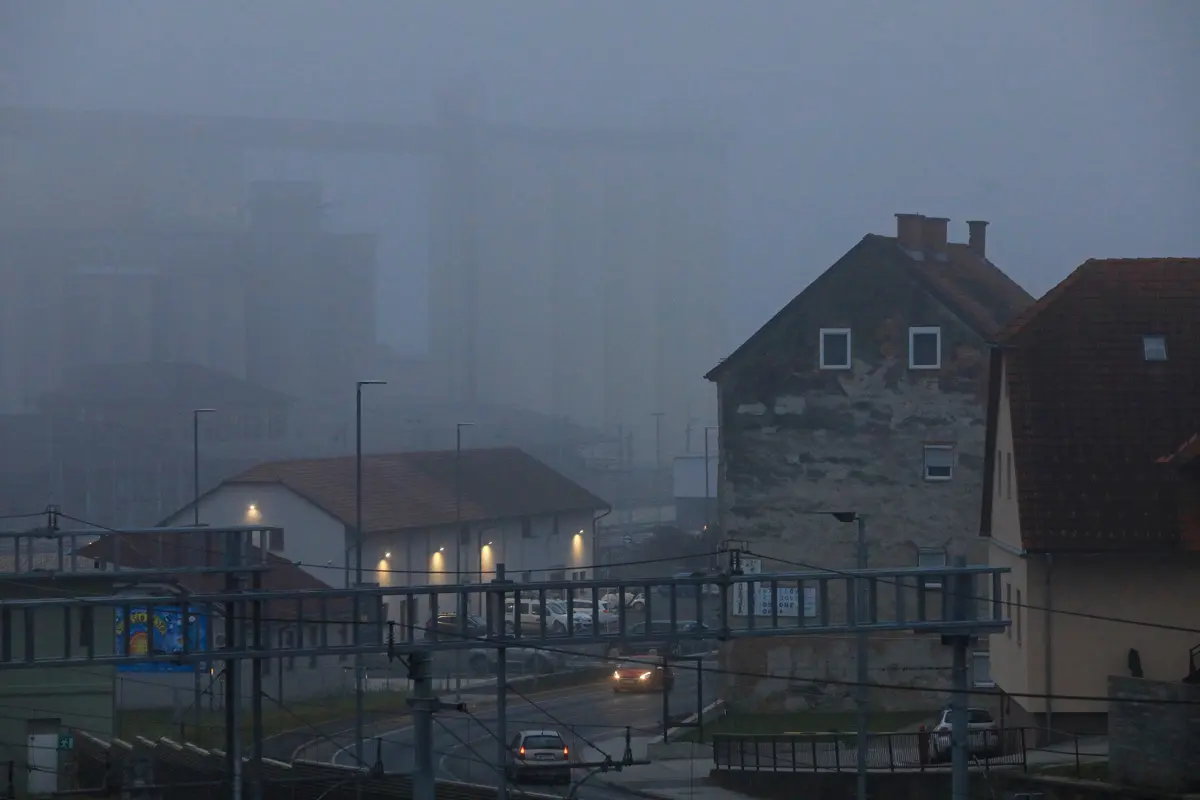With the arrival of the heating season, air quality often deteriorates significantly. The main culprit behind this issue is PM10 particulate matter, which is primarily generated by burning wood, coal, and other fossil fuels in individual heating systems. High concentrations of PM10 can negatively impact health by irritating the respiratory system, causing breathing difficulties, and increasing the risk of cardiovascular diseases. So, how can you protect yourself from polluted air during the winter months??

What are PM10 particles and how do they affect health?
PM10 particles are fine particles with a diameter of less than 10 microns that can penetrate the respiratory system and cause various health problems. These particles are primarily generated by:
- Burning wood and coal in individual heating systems,
- Industrial processes,
- Traffic, where exhaust gases and tire wear contribute to pollution.
Long-term exposure to PM10 particles can lead to chronic respiratory diseases, asthma, and an increased risk of cardiovascular conditions.
Ventilating your home when outdoor air is polluted
Many people avoid opening windows during the heating season to prevent polluted air from entering their homes. However, unventilated spaces lead to moisture buildup and mold growth, which can also negatively affect health.
he best solution for ensuring high-quality indoor air is to use ventilation systems with built-in filters that capture PM10 particles and maintain fresh and clean air inside the home.
How can ventilation systems reduce PM10 indoors?
Modern ventilation systems allow continuous air exchange without the need to open windows, while effectively filtering out harmful particles from outdoor air. Both decentralized and centralized ventilation systems are equipped with G3 and G4 filters, which efficiently capture PM10 particles and prevent their entry into indoor spaces..
Benefits of using ventilation systems during the heating season:
✅ PM10 Filtration – G3 and G4 filters remove most harmful particles.
✅ Energy Efficiency – Heat recovery minimizes heat loss, reducing heating costs.
✅ Mold Prevention – Controlled air exchange prevents excessive humidity buildup, which can lead to mold formation over time.
✅ Comfort Without Opening Windows – The ventilation system ensures a constant supply of fresh air.
Air pollution during the heating season is a serious issue in Slovenia that can impact the health of the entire population. While completely eliminating pollution sources is not feasible, proper ventilation and the use of PM10 filtration filters can significantly reduce exposure to harmful particles. Ventilation systems with heat recovery provide a long-term solution that ensures a healthy indoor environment regardless of outdoor air quality.
Learn more about air filtration and ventilation in our related articles:
🔗 How do ventilation system filters work?
🔗 Why Is air quality important for your health?
🔗 Heat recovery - how it works and why you need it?
For more information about ventilation systems, feel free to contact us – we are happy to help you choose the best solution for your home!
